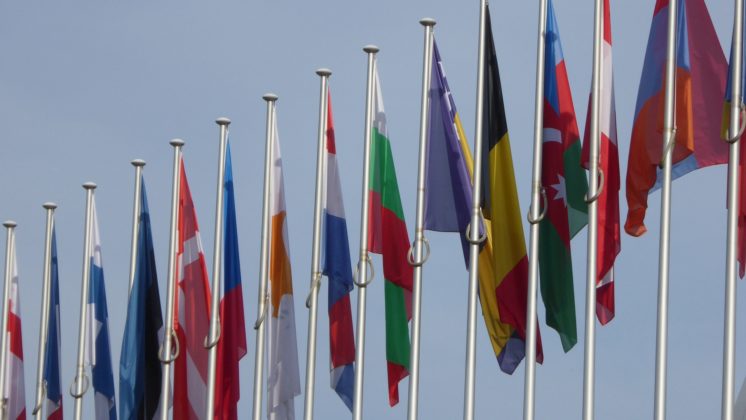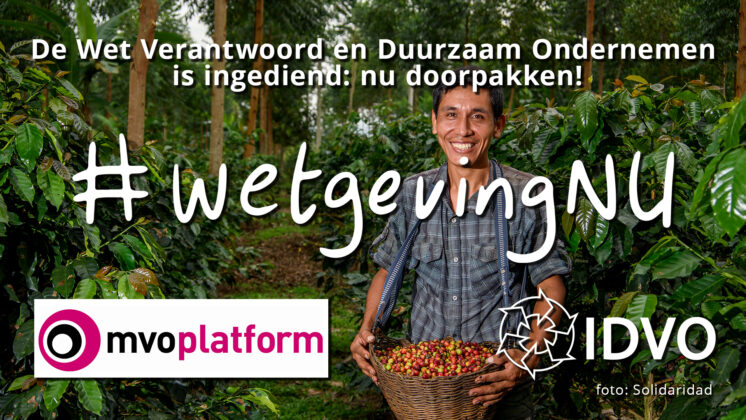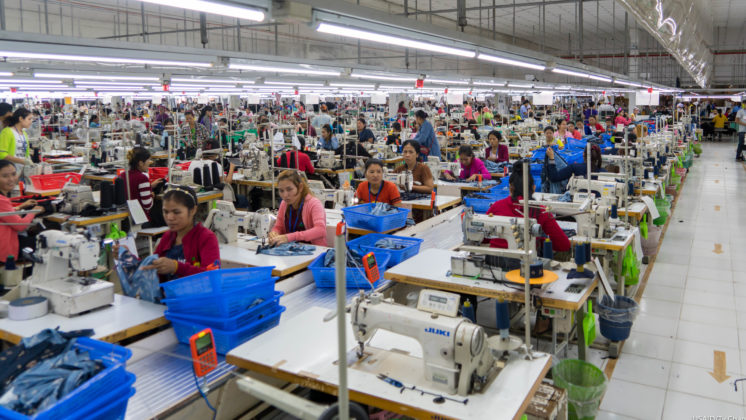MVO Platform has developed a voter guide (MVO Kieswijzer) on Corporate Social Responsibility (CSR) and Corporate Accountability for the upcoming Dutch general elections of March 2017. This guide contrasts the policy ambitions of political parties, comparing the statements of the eleven biggest Dutch political parties on nine topics including: decent work, access to justice for victims of corporate abuses and tax avoidance.

The ChristenUnie [Christian Union] political party stands out as having the most elaborate and outspoken policy proposals on CSR, followed by the Partij voor de Dieren [Party for the Animals] and GroenLinks [Green Party]. Many other parties fail to mention a strong role for the government in CSR and Corporate Accountability policy. Among these are the VVD [People’s Party for Freedom and Democracy] and PVV [Party for Freedom], both currently indicated as the two largest parties in the polls.
The MVO Kieswijzer is available in Dutch only. These are the most important conclusions:
Legally binding Corporate Accountability: ChristenUnie, GroenLinks and PvdD are very clear: the time of voluntary and non-binding CSR is over; all three parties propose legally binding Corporate Accountability. The PvdA [Labour Party] and SP [Socialist Party] make similar proposals, albeit less explicit.
Transparency by companies: Related to the previous point: these same five parties (ChristenUnie, Groenlinks, Partij voor de Dieren, PvdA and SP) suggest legally binding transparency by companies and more transparency towards consumers.
It is remarkable that D66 [Democrats 66], a party that presents itself as strongly in favour of sustainability, does not favour imposing rules and legislation on companies through Corporate Acountability policy.
Tax Avoidance: With the exception of VVD, PVV and 50Plus, all parties have presented proposals to combat tax avoidance. The most ambitious proposals on tax avoidance come from GroenLinks and Partij voor de Dieren.
Conditional support for companies, including sustainable procurement: ChristenUnie and Partij voor de Dieren make elaborate proposals on this topic. Many other parties touch upon the topic, although they are not very specific or concrete.
CSR and Corporate Accountability are broad themes that cover diverse topics, many of which often do not receive the attention they deserve. Therefore, the CSR voter guide focuses on the topics of Decent Work (specifically: child labour, living wage and modern slavery) and Access to justice for victims of business-related violations. Unfortunately these themes generally receive little attention from political parties. However, the ChristenUnie party has clear proposals on both topics, followed by GroenLinks, PvdA and Partij voor de Dieren. With the exception of SP, which touches upon the rights of victims of corporate abuse, the remaining parties make no proposals at all on Decent Work and Access to Justice.
MVO Platform Expectations
Companies are not the only ones responsible for CSR; governments have an important task, as legislator, market actor and facilitator of CSR and Corporate Accountability and by setting the right example. “The Dutch Government has to make it clear to companies what is expected from them. This means clarifying what is expected as a minimum standard, and explaining how companies can be more ambitious in their Corporate Accountability goals. If necessary, companies should be held accountable for their involvement in environmental or human rights violations.” (Suzan van der Meij, MVO Platform coordinator).
You can find the MVO Kieswijzer here: www.mvokieswijzer.nl
MVO Kieswijzer developers:
The MVO Kieswijzer was developed by the MVO Platform, with thanks to Amnesty International, CNV Internationaal [trade union], FNV Mondiaal [trade union], Foundation Max van der Stoel, Oxfam Novib, Schone Kleren Campagne [Clean Clothes Campaign], SOMO, Tax Justice NL and UNICEF Nederland.
(Photo: Franklin Heijnen)




